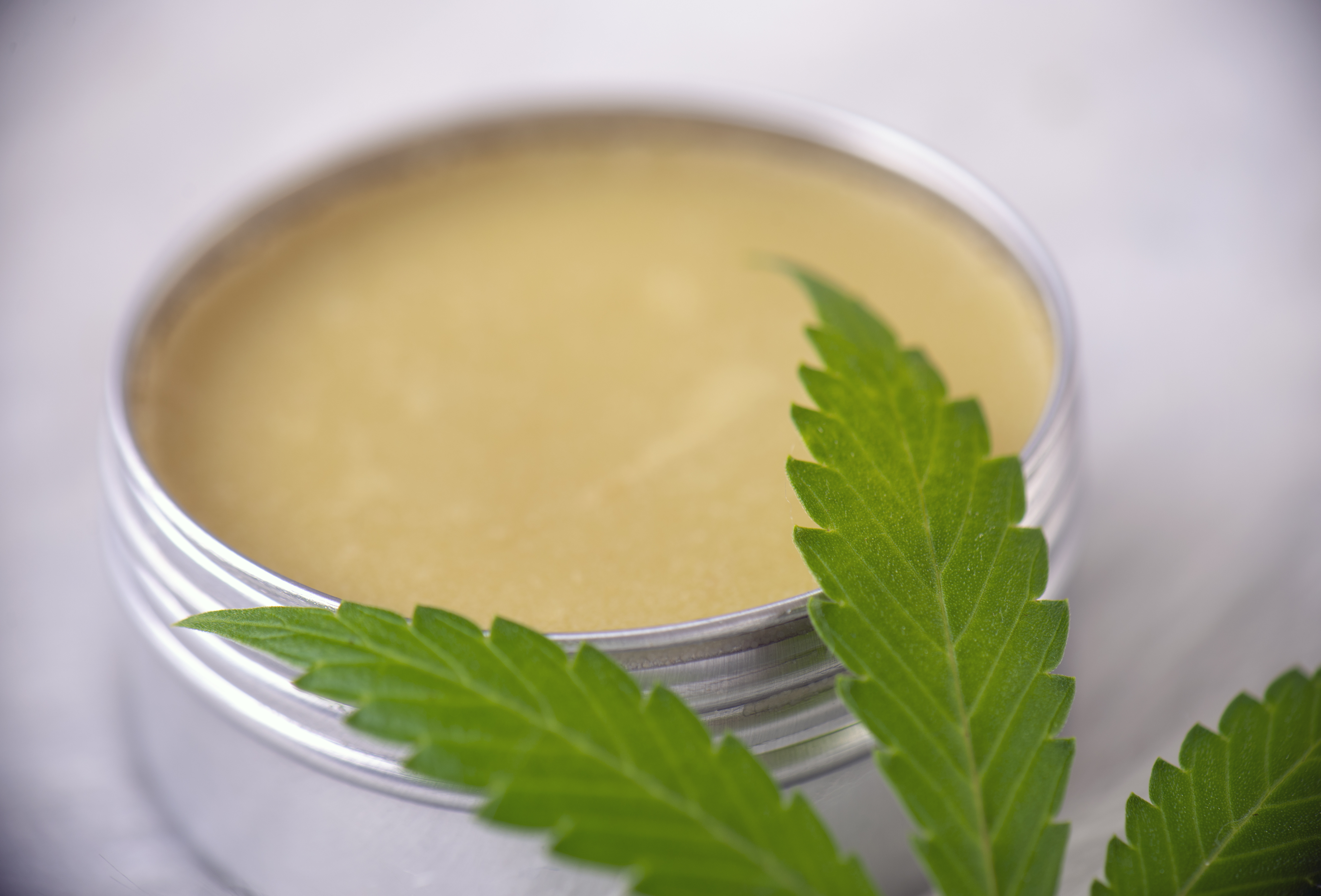CBD infused topicals have become a big part of the growing cannabis-based health niche.
While some of these products are focused on beauty, others are geared towards relief for specific skin conditions such as acne, psoriasis, and eczema. This article will dive into some of the research behind CBD topicals.
It includes a brief look at the role the Endocannabinoid System plays in skin health, as well as a brief overview of a few studies examining how cannabidiol may help with specific skin conditions.
The Endocannabinoid System and Your Skin Health
Most readers of CBD Testers are likely already aware of the existence of the Endocannabinoid System (ECS). This biological system includes the natural endocannabinoids that the body itself produces, a series of neuroreceptors found in the central and peripheral nervous systems, and the enzymes that break down the endocannabinoids themselves.
However, what is less well known is that the skin – the largest organ in the body – is also dense with cannabinoid receptors. In fact, many of the skin’s natural processes when it comes to healthy growth, immune barrier function, hair follicle function, and natural moisturization processes are regulated by this cutaneous ECS.
In fact, it has been suggested by researchers in this area (cited above) that dysfunctions in the skin’s ECS may lie at the root of several skin pathologies including allergic dermatitis, eczema, acne, psoriasis, and systemic sclerosis. Also relevant is the already well-known ability of certain cannabinoid, to address both pain and inflammation, even in reference to CBD topicals.
Specific Studies on Topical CBD and Skin Disorders
Acne
Acne can lower self-image and reduce overall quality of life
One of the fastest growing sectors of the CBD topicals market are those products that target a common problem for teenagers: acne. For some people, acne is more than an occasional pimple. It can be severe enough to significantly decrease the quality of life during a period when social bonds play a crucial role in our sense of self-worth.
As such, people have been willing to undergo the traditional options for acne, most of which include caustic chemicals that have a host of unwanted side effects for some people. CBD certainly is not a cure-all for severe cases of acne. However, the natural oil does show potential for this skin disorder.
First of all, cannabidiol has well known antibacterial properties. But it doesn’t stop there. The skin’s ECS has been shown to bring the sebaceous glands into balance. In fact, one 2014 study demonstrated that cannabidiol exerts a regulating effect on over-active glands that are at the root cause of acne.
Psoriasis
According to the Mayo Clinic, Psoriasis is a skin condition that is caused when the growth rate of skin cells happens too fast. This causes a build-up of skin on the surface which can lead to patches of dry, itchy and even painful areas.
Psoriasis can be itchy, uncomfortable, and even painful at times
Keratinocytes are the common type of skin cell, particularly at the outer layer where they make up about 90% of the skin. It is thought that people who suffer from Psoriasis are experiencing a “hyperproliferation” of this type of skin cell.
In other words, these cells are growing too fast to shed properly, leading to the scaly spots known as plaques. A 2006 study showed that cannabinoids inhibit the over-growth of Keratinocytes, suggesting that they were a potential therapeutic agent that warranted more research for this skin condition.
Dysfunction in skin cell differentiation, or in other words, the process in which a cell is signaled to become a certain type of skin cell, has also been an avid area of psoriasis research.
Differentiation is a natural process signaled by genes. However, dysfunction in this process can lead to a variety of skin problems. A 2015 study has demonstrated that the skin’s ECS is likely involved in regulating this differentiation process.
Atopic Dermatitis (Eczema)
Another common skin condition that many people suffer from is Eczema, also known as atopic dermatitis. Symptoms can come and go and they range from mild to debilitating. Itching, dry patchy skin, fluid-filled bumps, and crusty areas are among the most common symptoms.
Eczema symptoms can range from mild to debilitating
Although the triggers can vary from person to person, eczema is widely thought to be caused by a breakdown of the skin’s natural barrier and immune functions. It is not uncommon for people that suffer from eczema to suffer from other immune-related problems such as asthma, allergies, and persistent skin infections.
Recent studies have demonstrated that the skin’s ECS is directly involved in regulating the skin’s immune barrier function through both the CB1 and CB2 cannabinoid receptors. Further, cannabinoids such as CBD and THC can act to balance this delicate system. In addition, the powerful anti-inflammatory effect of cannabinoids is also known to work topically, something that helps to provide relief from the painful itching associated with eczema.
Conclusion
The growing trend towards CBD infused topicals such as creams, salves, and lotions is certainly due in part to marketing efforts, celebrity endorsements, and the rise of cannabis culture as we enter post-prohibition.
However, as this article suggests, it is not just a matter of trendy products and clever branding. Thanks to the Endocannabinoid System’s role in skin health, more targeted cannabis based topicals are likely to be developed.
